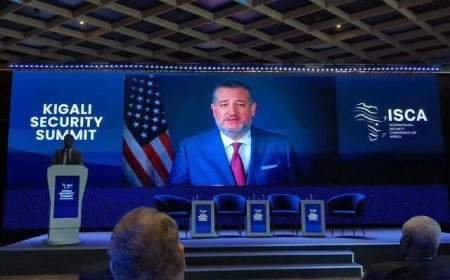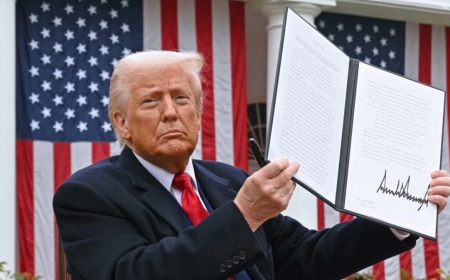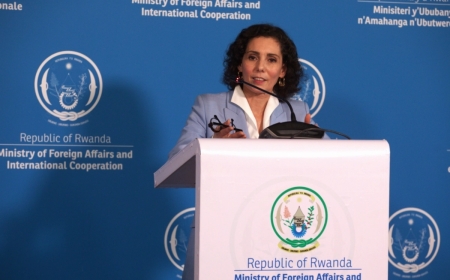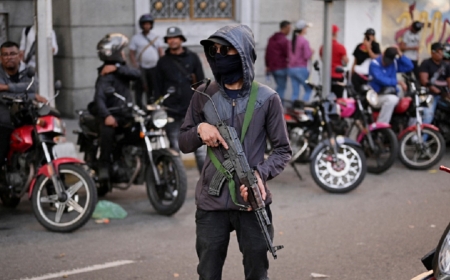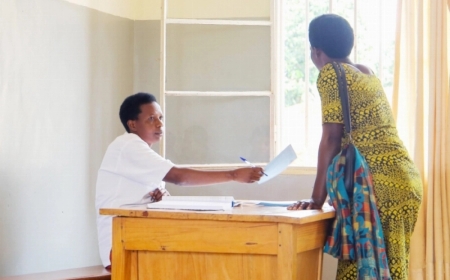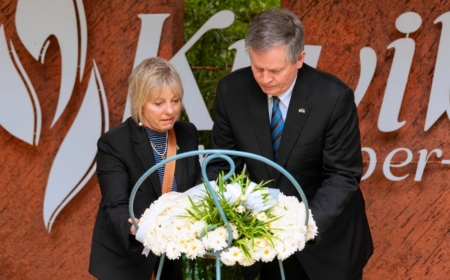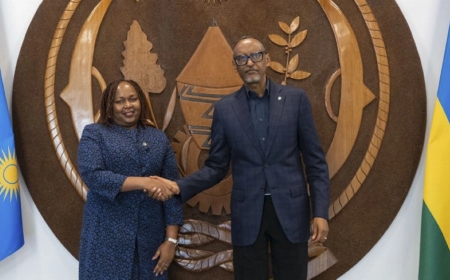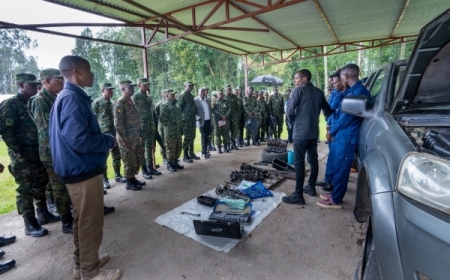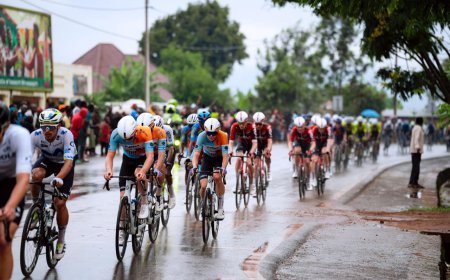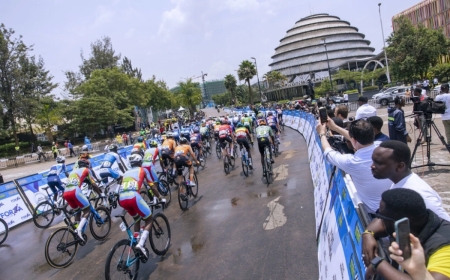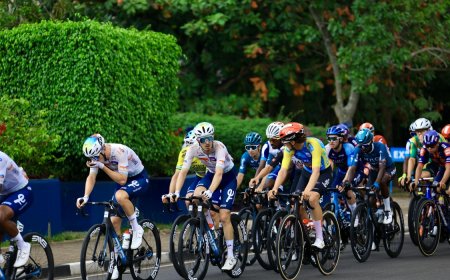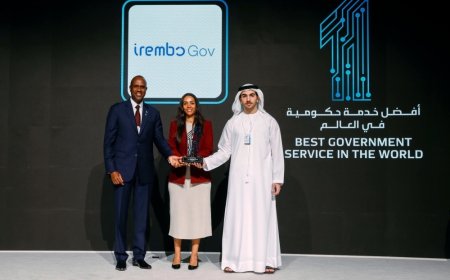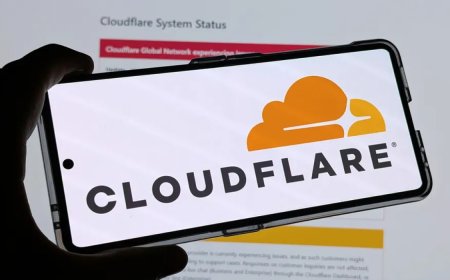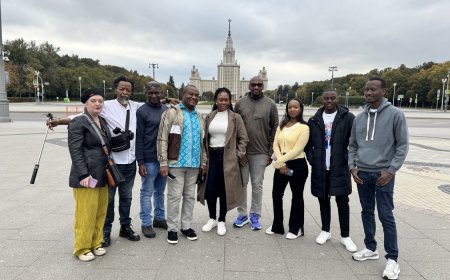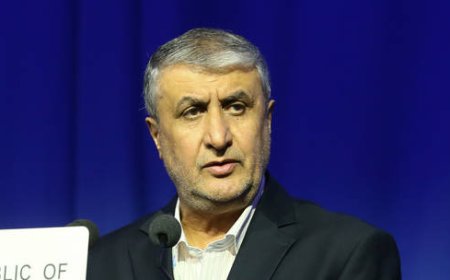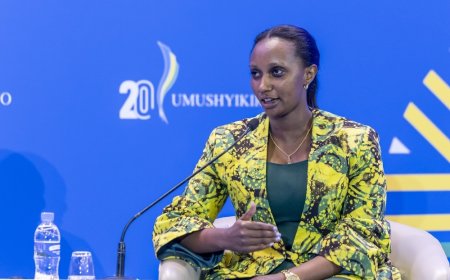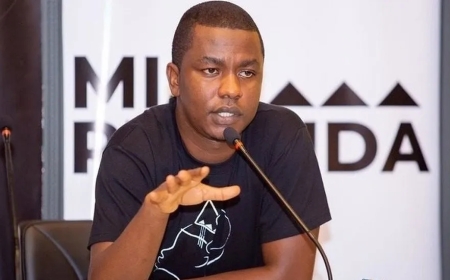Rwanda welcomes news of HIV preventive drug to be offered at low cost
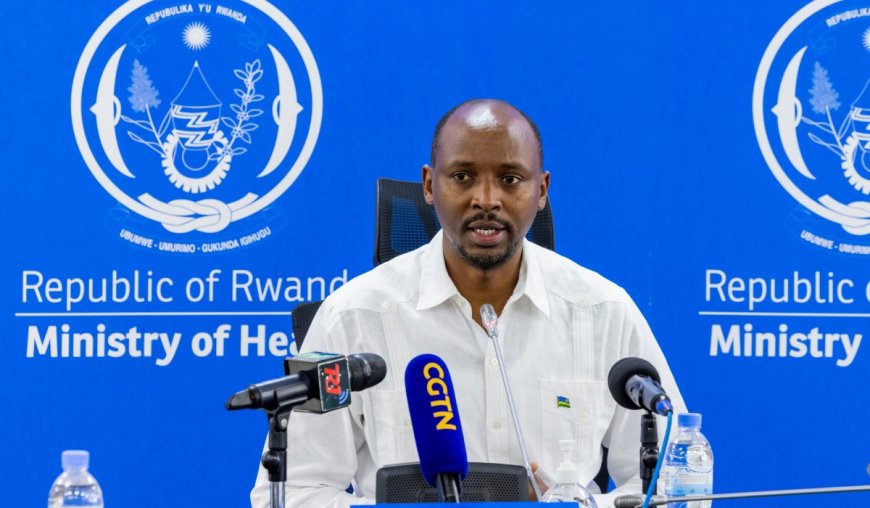
Lenacapavir, a long-acting injectable drug used to prevent HIV, will be made available for $40 a year in over 120 low- and middle-income countries, under a new agreement announced this week between its manufacturer, Gilead, and philanthropic organizations.
The drug currently costs around $28,000 per person annually, but a generic version is expected to launch in 2027, pending regulatory approval.
The new pricing follows a deal between Gilead Sciences, which developed the drug, and several global health partners, including the Clinton Health Access Initiative, the Bill & Melinda Gates Foundation, and Wits RHI, a South African research institute.
"Big step for HIV prevention," said Rwanda's Minister of Health, Dr Sabin Nsanzimana, reacting to the news of the new agreement.
"Lenacapavir—a twice-yearly injection shown to be nearly 100% protective—will be offered at just $40 per patient per year in low- and middle-income countries.
Experts say that the drug has the potential to transform prevention, especially for young people and underserved communities who struggle with frequent clinic visits.
Lenacapavir is taken as an injection twice a year and offers six months of protection against HIV with each dose. It works by preventing the virus from replicating inside human cells.
The World Health Organization endorsed lenacapavir for HIV prevention in July. It has also been approved by the US Food and Drug Administration and the European Commission.
Trials of the drug have shown strong results. According to Gilead, a study completed in 2024 reported a 100% success rate in preventing HIV infection during the trial period.
A new version of the drug, to be produced by generic manufacturers, is expected to be introduced within the next 18 months. The price drop aims to expand access, particularly in countries with high infection rates and limited healthcare resources.
Daily oral PrEP (pre-exposure prophylaxis), the current standard in HIV prevention, is also priced at around $40 per year but requires consistent daily use. This has posed challenges for adherence and access, especially in communities facing stigma or logistical barriers.
According to the Gates Foundation, only 18% of people who could benefit from PrEP currently have access to it. The longer-lasting protection offered by lenacapavir may address some of the limitations of daily oral prevention.
A modelling study cited by global health groups suggests that increasing access to the injection to just 4% of the at-risk population could help prevent up to 20% of new infections.
The new rollout comes amid ongoing concerns about global HIV rates. The UNAIDS agency reports that more than 40 million people are currently living with HIV worldwide.
In 2024, there were 1.3 million new infections and over 600,000 deaths linked to AIDS-related illnesses.
In July, during the 13th International AIDS Society (IAS) Conference on HIV Science in Kigali, Dr Nsanzimana, said Rwanda is interested in adopting the new HIV prevention drug and is currently in the planning and consultation phase, with implementation expected once agreements are finalised.
“Rwanda is working on integrating long-acting injectable treatment into its national HIV care guidelines, and this will be implemented soon,” he said,
The government has reduced new HIV infections by 82 percent and AIDS-related deaths by 86 percent, achieving the UNAIDS 95-95-95 targets before the 2030 global deadline.
The 95-95-95 targets set by UNAIDS aim for 95 percent of people living with HIV to know their status, 95 percent of those diagnosed to be on antiretroviral treatment (ART), and 95 percent of those on treatment to achieve viral suppression.
